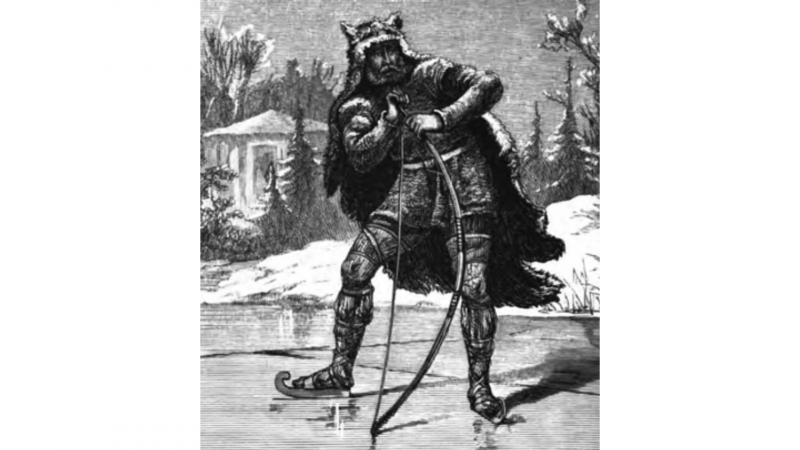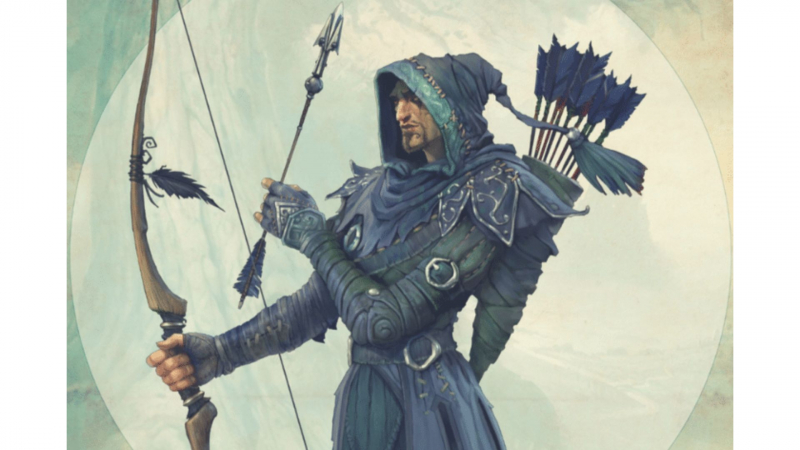Ullr

Ullr is definitely one of the most famous Norse gods. Ullr is a god related to archery in Norse mythology. Although there are few written references to Ullr, there is evidence, such as relatively old place names from Scandinavia, suggesting he was a significant god in older Germanic paganism. His name is a reflex of the Proto-Germanic notion *wuluz ('glory'), which appears to have been a significant idea. In the Thorsberg chap from the third century, the term is written as owlu-.
Ullr is the son of the grain goddess Sif and the stepson of the thunder deity Thor. Ullr was a skilled archer, hunter, skater, and skier, according to Kennings. He was also a stunning, combative deity to invoke before a fight. “Ullr’s ship” is a kenning for “shield.” This suggests that there once was a tale about him riding a shield across the ocean, but if so, it has since been lost. The Grmnismál, one of the poetic lines in the Poetic Edda, refers to the "Yew Dales" as his home. Yew wood was preferred above all other woods for making bows, which perhaps explains this connection.
The prevalence of place names with "Ullr" in them throughout Sweden and eastern Norway is evidence of Ullr's former prominence among the Scandinavian gods. Numerous of these names have elements like hof, which means "temple," showing that Ullr actively practiced his religion in the early Viking Age and perhaps even afterwards. His name's derivation and origin are uncertain. However, some argue that it might have come from a Germanic root shared by the words glory (in Gothic wulus) and brilliance (in Old English wuldor).











